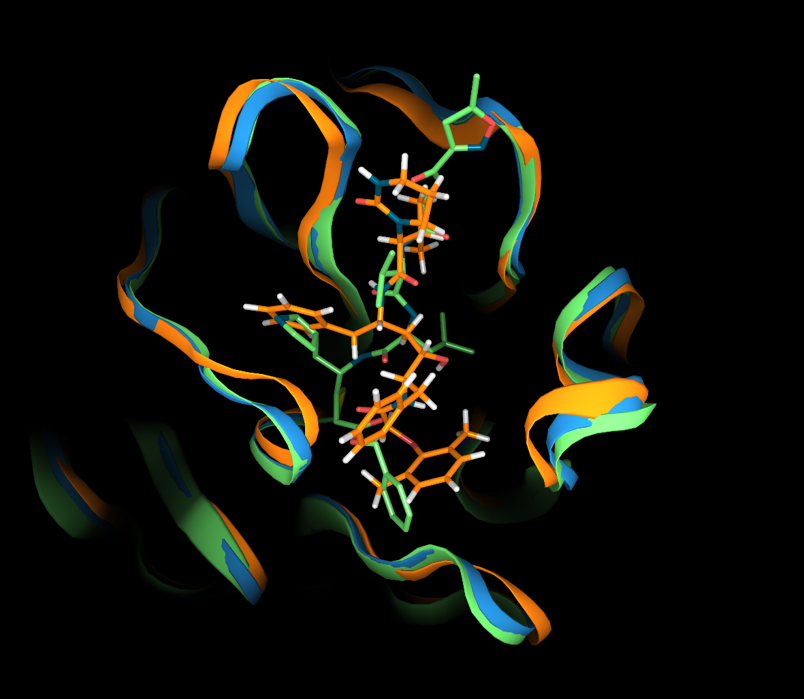Biochemistry explains in detail about the structure of biomolecules and various bio-chemical reactions. It provides us sufficient knowledge on the role of bio molecules in the biochemical reactions which helps in proper functioning of the body. Basic concepts of Nucleic acids and their chemical composition helps us to elucidate the structural formation of DNA and RNA. Microbiology explains in detail about history of microbiology, microscopy and various media used in the process of culturing various organisms.

|
I |
Inorganic Chemistry: This course is designed to provide the key concepts in inorganic chemistry which includes the use of symmetry to recognise and assign symmetry characteristics to molecules, chemistry of lanthanides and actinides, lanthanide & actinide contraction and their consequences, separation of lanthanides, classification of solvents, reactions in liquid NH3 and HF. |
|
II |
Organic Chemistry: The course is designed to provide fundamental concepts in organic chemistry which includes electronic structure, bonding, synthesis and reactivity of alcohols, phenols, ethers, epoxides and carbonyl compounds. |
|
III |
Physical Chemistry: The course is designed to provide the basic concepts in physical chemistry which includes phase rule, phase diagrams, survey of various colloidal systems, preparation & properties of colloids, micelles, types of adsorption and adsorption isotherms. |
|
IV |
General Chemistry: The course is designed to emphasise on inter disciplinary nature of nano science which includes synthesis, production of CNT’s, general applications, classification of isomers, stereoisomers, optical activity, different configurations, conformational analysis with examples.
|
- Teacher: SARVARI M
The course addresses the English language needs of the students at the undergraduate level. The focus will be upon four categories: Prose, Poetry, Vocabulary, and Grammar. In addition to these the last two units focus upon developing the writing skills of students by including essay writing and report writing. The content of the text raises questions of how English is used in India versus how it ought to be used and thus engaging the debates about a “standard English” and the need of adapting English to the local cadence and culture of India. Similarly, the British and American variations of the language are included to orient the students to broaden their view of English as an International language. Overall the course will focus upon the critical thinking faculties of the students concerning academic, linguistic, political, literary and ethical concepts.
The syllabus has been designed to develop linguistic and communicative competence of undergraduate students. The teachers also ask comprehension questions to stimulate discussion and based on the discussions the students are made to write short paragraphs /essays, participate in group discussions.
Course Outcomes:
The students will be able to:
● Read and interpret and analyze the implicit and explicit layers of meaning embedded in a poem.
● Identify poetic devices and the uncommon use of language in poetry.
● Become more empathetic and question the various forms of discrimination that exist in society based upon caste, race, gender and culture etc.
● Engage enlightenment values (liberty, equality and fraternity) and the idea of the secular nation versus a various groups divided on the basis of region, caste, creed and language.
● Understand the need for the English to be adapted to the local cultural contexts of India.
● Develop interest in the debate whether art exists to serve some purpose or it is just for delight and enjoyment.
● Learn and use synonyms and antonyms, phrasal verbs, idioms, technical and media vocabulary, and the differences between the British and American variations of the English language.
● Improve language skills by learning about prepositions, connectives, concord, reported speech and voice.
● Develop better writing skills and become adept in organizing one’s thoughts and ideas to write essays.
● Enhance their report writing skills to use in official contexts.
- Teacher: JYOTSNA A S